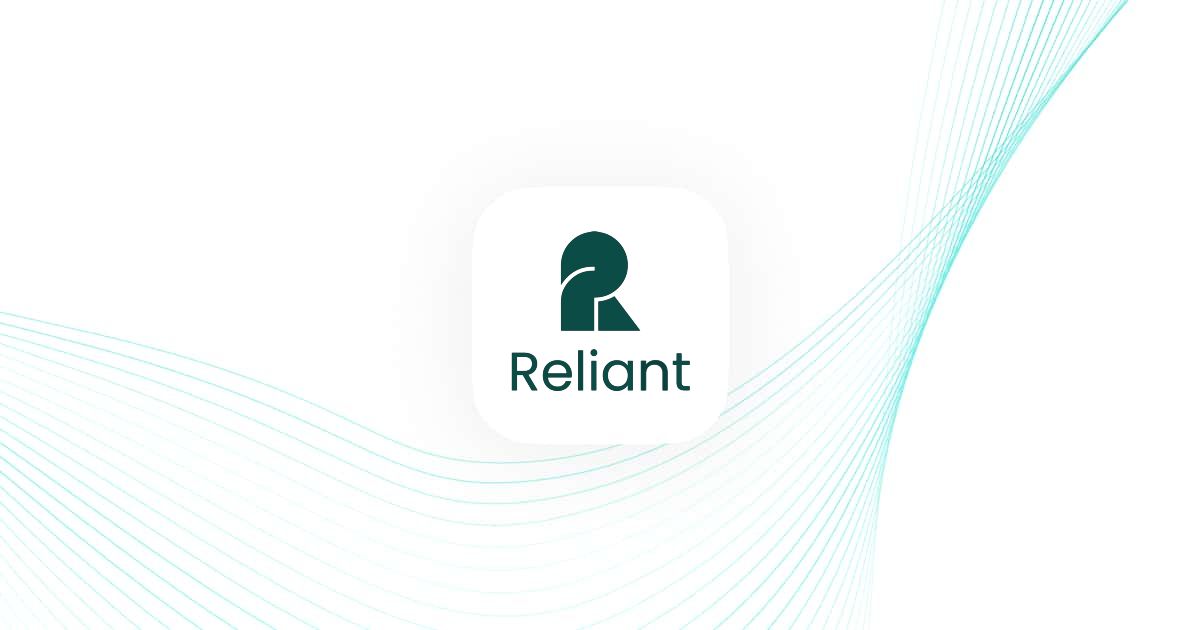Aidan Gomez, CEO of Cohere, stated that the AI model market is becoming a “zero margin business,” with costs outpacing revenues due to intense price competition
In an interview with Harry Stebbings of 20VC, Gomez stated, “It’s going to be a tricky game if you’re only selling models for the next little while.”
He refers to the sale of API access to AI models by using the term “selling models.” OpenAI, Anthropic, Google, and Cohere offer developers this service, all grappling with a comparable issue.
“It will be comparable to a zero-margin business due to the significant price dumping.” Individuals are providing the model at no cost. The technology is in high demand, and it is expanding rapidly.
Despite this, the margins are currently minimal. Nevertheless, it will continue to be a significant business.
Companies developing AI models at the forefront of the field are engaged in a competitive environment. Today, incorporating additional computation is the most dependable approach to enhancing AI models.
This entails issuing substantial payments to Nvidia for the hardware required to enhance AI models by a small margin. Concurrently, there is a rush to the bottom.
OpenAI and Google have reduced the cost of accessing their AI models to retain users. Conversely, Meta’s open-source models are available for free licensing.
Gomez cited OpenAI’s $20 per month ChatGPT subscription as the reason for the significant enthusiasm at the application layer.
Gomez asserts that Cohere’s AI models will be a lucrative business in the long term; however, products could be a significant revenue source until then.
In other terms, the current AI models are incurring substantial losses. Although Microsoft and Google can subsidise or endure the loss, this is not typically true for entrepreneurs.
Cohere and OpenAI, Anthropic, and Mistral are the remaining firms developing frontier AI models.
Other startups, such as Inflection, Adept, and Character.ai, have been acquired by large cloud providers, resulting in the preservation of their potent technology while leaving behind an unprofitable business model.

Nevertheless, these emerging enterprises are being consumed by Big Tech before they can establish themselves as competitors.
“It is extremely perilous to establish oneself as a subsidiary of one’s cloud provider,” Gomez stated, noting that venture capitalists are primarily interested in generating a satisfactory return. In contrast, cloud providers may have a more expansive objective. “It is simply not a sound business decision.”
The position of companies that develop advanced AI models is becoming more challenging. There is a possibility that these AI models will generate substantial returns in the future due to advancements in model architecture, data efficiencies, or computing capacity.
Nevertheless, predicting when or if that day will arrive is impossible. Furthermore, not all AI startups operating today will have the opportunity to witness it.



